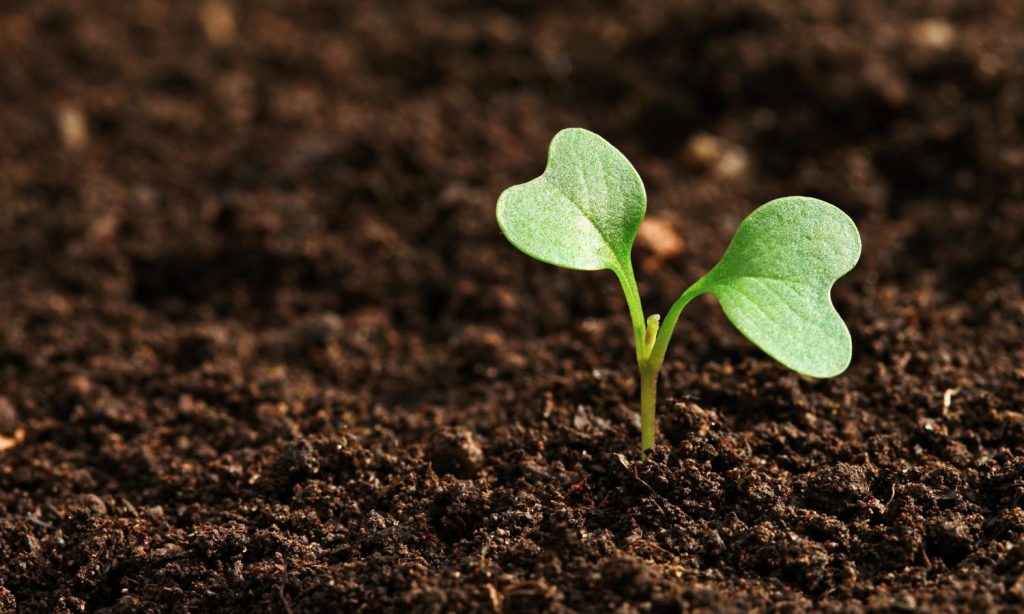
From verdant fields to expansive orchards, the lifeblood of Israel's agricultural landscape hinges on one vital element – water. The thirst of a crop is as crucial to its survival as the skilled hands that sow and reap it. But how can we ensure that every precious drop of water contributes to the prosperity of our crops?
Water is indispensable for a plant's metabolic processes, dictating its overall performance and, subsequently, the bountifulness of its yield. Today, we focus diligently on Plant Water Use Efficiency (PWUE), an aspect that could hold the key to revolutionizing agricultural practices. By honing the water utilization of plants, we can optimize crop production, conserve valuable resources, and endeavor towards more sustainable farming. This post delves into the importance of PWUE, drawing connections with crop growth, agricultural sustainability, and the ways in which advanced tech services from plant-ditech.com aid research and development companies in enhancing this essential process.
Introduction
In the challenging world of agriculture, the concept of plant water use efficiency (PWUE) stands as a critical component for driving crop growth. Essentially, PWUE refers to the ability of plants to effectively harness water for their metabolic processes. It's a measurement of how well a plant uses the water it absorbs to stimulate growth and sustain its life functions.
Water, a precious and often sparse resource in regions like Israel, plays a pivotal role in crop growth and development. Ensuring its optimal use is, therefore, paramount to enhance the yield and quality of crops. The importance of PWUE lies not only in its potential to optimize crop production, but also in the broader benefits it may bring to agricultural practices, including increased sustainability, resilience under various environmental conditions, and ultimately, economic profitability for farmers.
Role of Plant Water Use Efficiency
The efficiency of plant water use is intrinsically dependent on a variety of factors. Genetic traits of each specific plant species largely determine its capabilities to utilize water effectively. For instance, certain crops like millets and sorghum demonstrate higher water use efficiency due to their inherent drought-resistance attributes.
Another paramount factor is the environmental conditions where the crop is grown. The temperature, the water availability, the light intensity – all these impact the plant's ability to use water efficiently.
Improving Water Use Efficiency Through Precision Agriculture
In addition, agricultural practices play a significant role in the effective water management of crops. Emphasizing optimized irrigation based on crop and weather data can drive significant improvements in water use. This is where the use of advanced technologies like precision agriculture can be monumental. Utilizing data-driven techniques can significantly help optimize plant water use efficiency, leading to sustainable and cost-effective crop productivity, a concept we will delve into further in the coming sections.
Impact on Crop Growth
Crop growth and yield are intricately linked to plant water use efficiency, with several interplaying mechanisms driving this correlation. Efficient water usage fuels processes like photosynthesis and nutrient absorption. This boosts overall plant health, thereby potentially enhancing the crop yield. When water supply is efficiently managed, plants are less likely to encounter water stress, a significant limitation to crop expansion and productivity.
The ripple effects of this efficiency extend to financial domains as well. Cultivating plants with high water use efficiency can lead to greater crop productivity, directly influencing the profits of farmers and companies entrenched in agriculture. By utilizing available resources like water to their fullest potential, many growers can realize a substantial increase in yields while simultaneously reducing costs, thus attaining a game-changing competitive advantage in the agriculture industry.
Importance for Sustainable Agriculture
The importance of plant water use efficiency extends beyond crop growth; it plays a crucial role in driving sustainable agriculture. Efficient water use helps in conserving precious water resources, reducing wastage, and minimizing the environmental footprint of agricultural operations. It is a key part of sustainable farming practices, enhancing productivity while preserving ecosystems and biodiversity.
Emerging technologies like remote sensing and data analytics have opened new horizons in improving water management practices. By constantly monitoring plant water use and adjusting irrigation as per need, these technologies enable an optimal usage of water, bolstering both productivity and sustainability.
Special mention must be made of the services provided by plant-ditech.com. The company supports research and development companies striving for their sustainability targets by providing crucial data and insights related to plant water use efficiency. It's an investment not just in farm profitability, but also in the future of our planet.
Frequently Asked Questions about Plant Water Use Efficiency
Here are some frequently asked questions about plant water use efficiency and its importance in crop growth:
- What affects plant water use efficiency?
Several factors influence plant water use efficiency. These include the plant's genetic traits, the environmental conditions it grows in, and the management practices used in its care. Understanding these factors allows us to optimize the plant's use of water. - How does efficient water use affect crop growth?
Efficient water use can enhance vital processes such as photosynthesis and nutrient uptake, leading to healthier plants. Additionally, it helps alleviate water stress, optimising the crop's growth and yield potential. - What is the relevance of efficient water use to sustainable agriculture?
Efficient water use is key to sustainable agriculture. It conserves water resources, reduces environmental impact, and enhances crop productivity. It is instrumental in promoting sustainability in farming practices. - How can technology improve water efficiency?
Advanced technologies like remote sensing and data analytics have revolutionized irrigation management. They provide precise insights into plant water needs, helping optimize irrigation practices for maximum efficiency. - What is the role of plant-ditech.com in promoting efficient water use?
Plant-ditech.com offers services to support research and development companies in increasing water use efficiency. By providing insights into plant physiology and responses to environmental stress, they assist in drafting strategies for sustainable, efficient agriculture.
